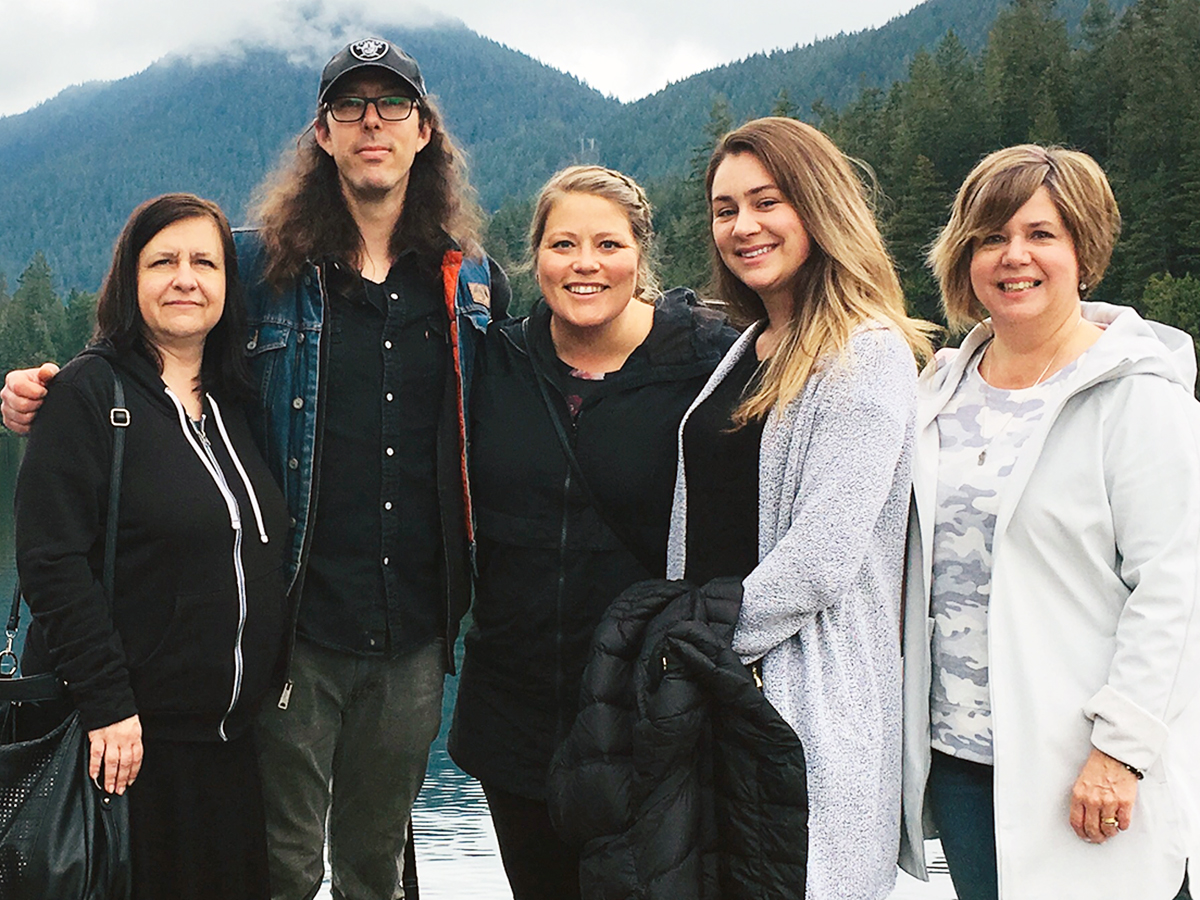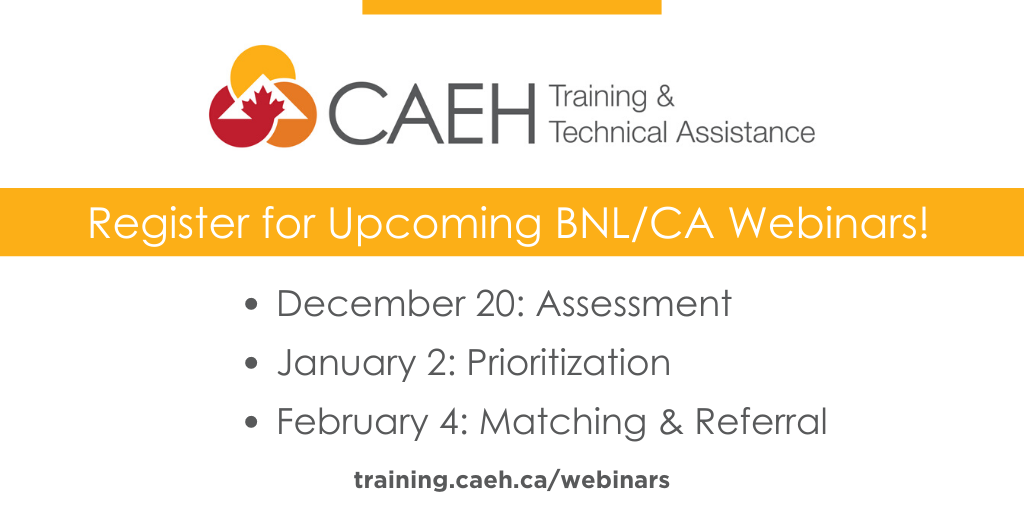With the confidence that ending homelessness is a complex but achievable goal, many of RainCity Housing’s programs are run by folks with lived experience, and its Surrey Intensive Care Management Team and LGBTQ Youth Housing First Outreach Program are made up entirely of Peers. This blog is a part of our Bright Spot series highlighting outstanding work in ending homelessness happening across Canada.
 The goal driving RainCity Housing is “a home for every person.” For the last three decades, the Vancouver, BC-based nonprofit organization has provided outreach, case management, housing and support to people experiencing homelessness.
The goal driving RainCity Housing is “a home for every person.” For the last three decades, the Vancouver, BC-based nonprofit organization has provided outreach, case management, housing and support to people experiencing homelessness.
With a Housing First, rights-based framework, Peer leadership and the confidence that ending homelessness is a complex but achievable goal, many of its programs are run by folks with diverse lived experience—its Surrey Intensive Care Management Team and LGBTQ Youth Housing First Outreach Program are made up entirely of Peers.
Jolanta Krysinski, Intensive Case Management Team Manager, works with four staff members focused on Housing First but they all have lived experience, as well. They have 35 people on their caseload, which will soon rise to 50 now that they’ve received funding approval for one more year. “It was quite innovative,” she says about her Peer-led team.
“It was an important way we could increase relationships and connections with our participants in order to improve the road to recovery—and that recovery is possible for anyone,” she adds.
Jolanta is also a Housing First trainer with CAEH Training and Technical Assistance (TTA).
“There is no other team in North America like it,” she says. “Not only my little team, but RainCity is moving forward with lots of energy to ensure support for Peers working for them. I feel really lucky working for RainCity.” The organization has a Peer Services Department, which provides leadership and support for its peer specialists. It also facilitates Peer work initiatives such as Peer Witnessing Services, reference groups, and recovery groups throughout the agency.
That inclusivity is replicated in Housing First and RainCity programming, says Jolanta. The main Housing First principle is “you don’t have to be ready for housing, it’s a basic human right,” she notes, which translates to her program as making all the goals client-centred and client-based. “There are so many homeless people in Vancouver and Surrey, and other ways people get housed always come with conditions.
“But this housing, it doesn’t matter if you’re a substance user or have mental health issues—you still have a right to live in community, like everyone else having a market-rent apartment, sign a lease and learn what it means to be a tenant.”
The innovative Peer-led model also extends to RainCity’s LGBTQ2S+ Youth Housing First Outreach Program, according to Mandy Hardwick who formerly managed the group before moving on to a new position within RainCity, as a Senior Manager. “Everybody on that team is from the LGBTQ2S+ community and have lived experience with that in addition to homelessness and mental health.”
“I don’t think we’d be able to do the work we’re doing, and I don’t think any of the youth would speak to us, to be honest,” Mandy, who identifies as queer, non-binary and has lived experience, says.
The team is supporting 20 youth and have supported 40 since 2015. The team was created because RainCity found it had no ability to support this population in its shelter system or in its buildings otherwise—the youth were unable to “sustain any wellness in our systems.”
“It’s so hard for a young queer person or trans person to walk through the door, access health care—if they are called by the wrong gender they’re going to turn around and leave,” Mandy adds. “It puts them in a horrible situation, and we’ve seen that consistently.”
That’s why the team supports the youth in any way they can, from finding homes, getting health care or just needing someone to talk to in a safe enough space.
“We firmly believe in the Housing First principle,” Mandy says. “No housing readiness, consumer choice, recovery orientation, individualized and person driven supports and social and community integration.”
“We really believe that once a person has a safer space to be in, what we see is an ability for people to flourish.”
And the team works right alongside the youth, searching Craigslist for housing—like everyone else—they help create a relationship with the landlord. “It’s a tough process,” they say. The youth also don’t age out of the team’s care, instead it’s until a case is considered complete, and they have some clients in their late 20s. “They still need that support; just because they’re over 24 years old doesn’t mean they have stabilized and found community and are thriving.”
“It can take five years or more for a young person to come into our environment, begin to recover from homelessness, engage in health care such as gender-affirming care or surgery, and waitlists are long, then there’s education, employment and whatever next steps they identify as goals to work towards,” Mandy says.
Mandy says it’s about giving agency back to the young person.
“These kids don’t have a community to support them,” she says, “yet the work we do comes along and tries to introduce them to services and community places they want to be, and then we get out of the way, so they can make those connections and get safer.”
Learn more at raincityhousing.org. Check out the RainCity Housing videos about Housing First:
- Housing First Principles into Practice Overview (4 min)
- Principle #1 – Immediate Access to Housing with No Readiness Preconditions (10 min)
- Principle #2 – Consumer Choice and Self-Determination (8.5 min)
- Principle #3 – Recovery Orientation (10.5 min)
- Principle #4 – Individualized and Person-Driven Support (8.5 min)
- Principle #5 – Social and Community Integration (8 min)
- Also see the Workbook or the Facilitator’s Guide
For more resources, visit the Built for Zero Canada Peer and Lived Experience page and the Canadian Housing First Toolkit resources page.
This blog is a part of our Bright Spot series highlighting outstanding work in ending homelessness happening across Canada.
Register for upcoming By-Name Lists and Coordinated Access webinars
 By-Name Lists (BNL) and Coordinated Access systems (CA) are essential community strategies for ending homelessness. These monthly webinars will feature specific topics related to the development and implementation of these strategies.
By-Name Lists (BNL) and Coordinated Access systems (CA) are essential community strategies for ending homelessness. These monthly webinars will feature specific topics related to the development and implementation of these strategies.